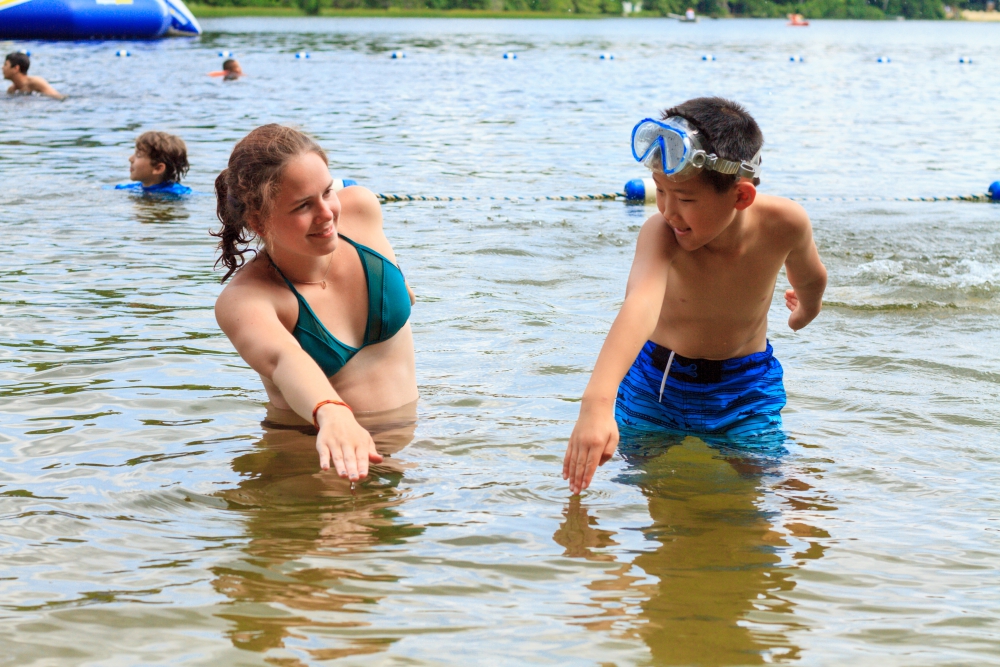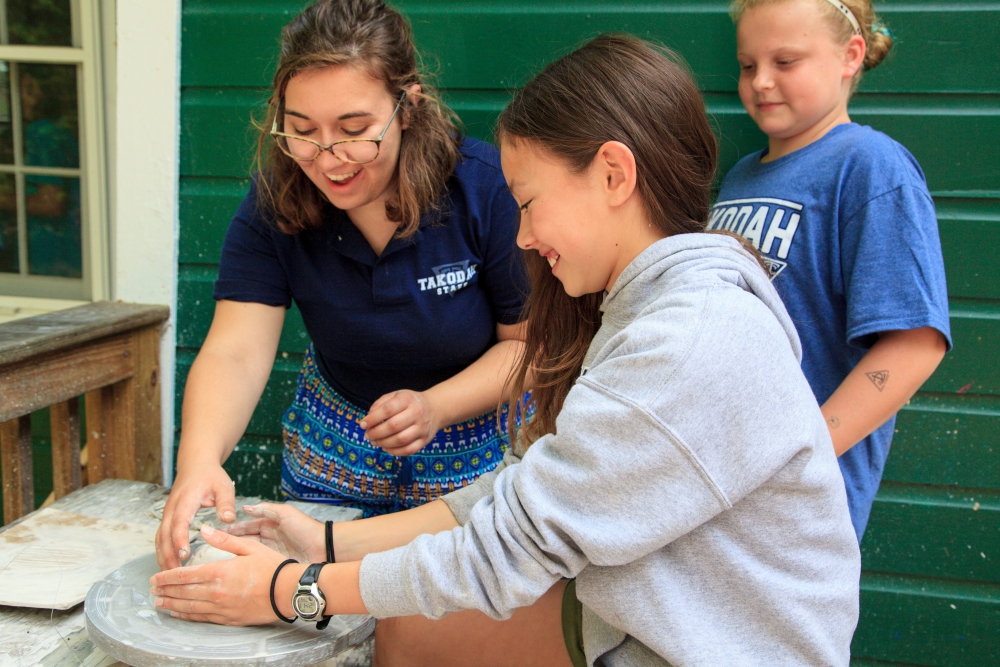Blog
Within the wide world of youth development, mindset has become a topic of intense interest. In general, researchers have focused on two primary types of mindsets and the impacts that they can have on performance and approach to challenge. The first type of mindset is a “growth mindset”, and people who think this way subscribe to the idea that it is possible to grow and improve skills over time. They recognize that traits such as intelligence, athleticism, and artistry can be developed through commitment, hard work, learning, focus, and mentorship. In contrast, a “fixed mindset” is grounded in the belief that everyone is born with a finite amount of skill and ability in a given area. People with a fixed mindset place a high premium on innate talent and traits, and often hold the view that if you have ability, you do not need effort. Moreover, they believe that exerting effort is an indication of a lack of ability.
Having a fixed mindset negatively impacts attitude and self-esteem. For kids who think this way, failure is all the more personal. Rather than viewing a setback as a call to an alternative type of action, they internalize the failure as a reflection of their own inadequacy. They believe, “If I fail, it is because I am not good enough”. For example, a child with a fixed mindset who receives a failing grade on a test will often attribute the failure to a natural inaptitude for the subject rather than viewing the score as an indication that they did not study properly. From there, the child will feel stupid and dejected, and shy away from similar challenges in the future. As such, kids with a fixed mindset learn to avoid challenges for fear of a blow to their self-esteem.
Kids with a growth mindset, however, recognize that failure is a natural, inevitable byproduct of trying something new and difficult. They do not view missteps as a negative reflection on themselves, but rather as an indication that their current process or strategy is not working. From there, they are much more likely than a child with a fixed mindset to attempt to solve the problem again with a new, creative approach. For them, failure is temporary–they will not always be successful immediately, but they understand that effort and mistakes are all part of the process.
Additionally, kids who view challenges as fun and interesting have incentive to sustain effort, and in doing so, they learn that hard work begets improvement and (ideally) success. Kids with a growth mindset learn to confront obstacles, and understand that taking action is a constructive way to manage anxiety. Even better, kids who are open to taking healthy, developmentally appropriate risks are more likely to promote similar behavior in those around them. They are inspired by–rather than resentful of–their friends’ successes, and they act as sources of positive influence by encouraging their peers to challenge themselves.
So, as adults who who are deeply invested in raising happy, healthy kids, what can we do to promote a growth mindset in the children who look to us for praise and support? Carol Dweck, the Stanford research psychologist who coined the term “growth mindset”, suggests that we frame messages according to the following script: “You are a developing person and I am interested in your development.” In doing so, we demonstrate that we value effort as opposed to ability. To take it even further, ask your child about struggles that they are currently experiencing, and praise them for their attempts to tackle it. Ask them if there is anything they are curious about, and encourage them to follow up. Give them space to take healthy risks, fail, and direct the management of the fallout on their own. Be there to love them, push them, and cheer them on, and prepare yourself to be proud of the thriving, growing person in front of you.
CATEGORY: Takodah Whispers








